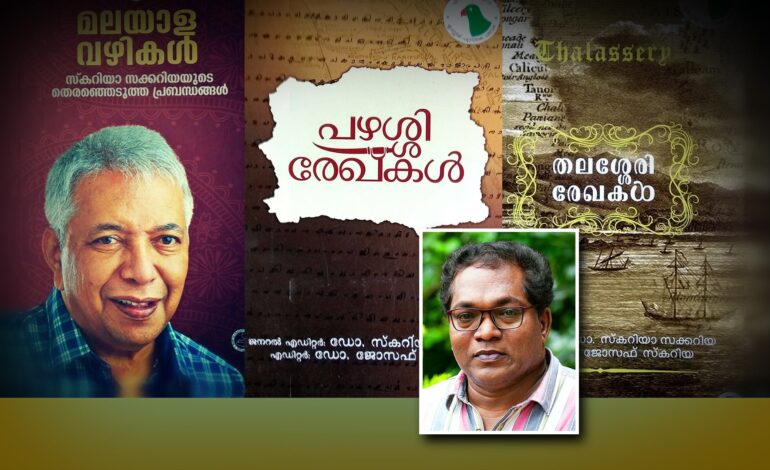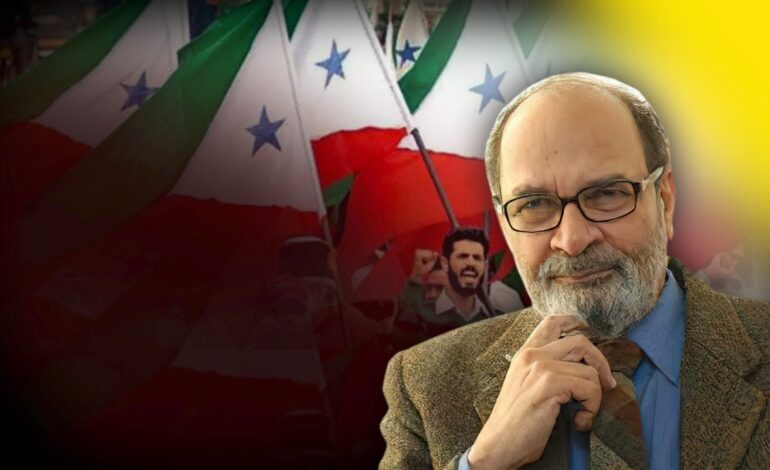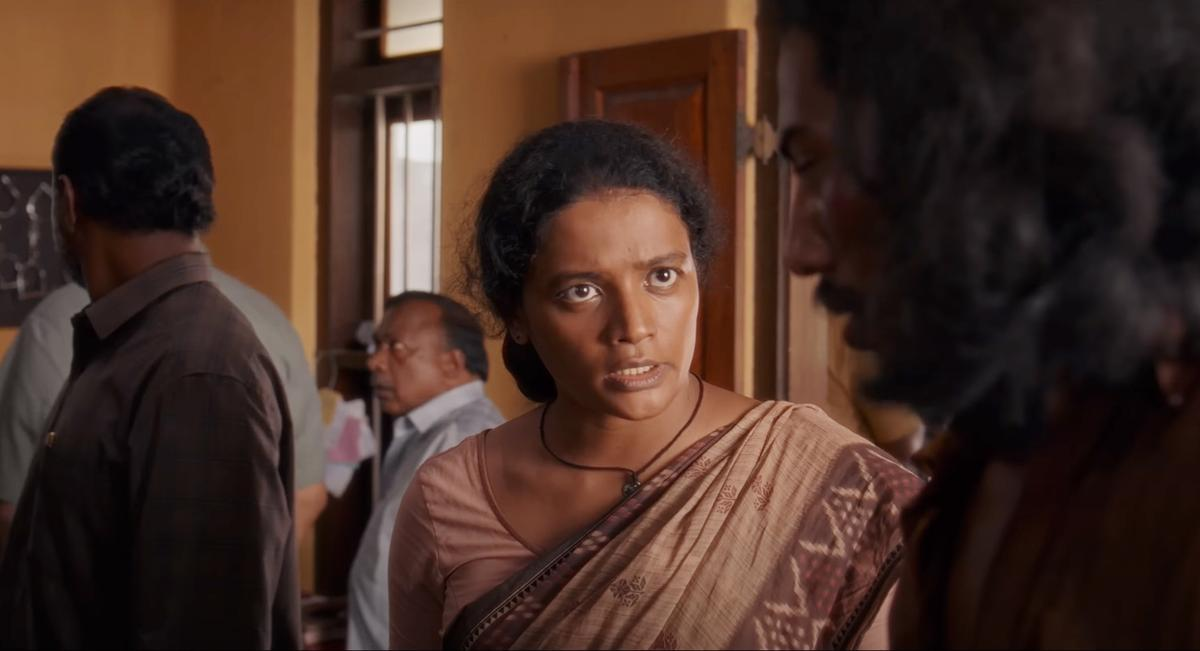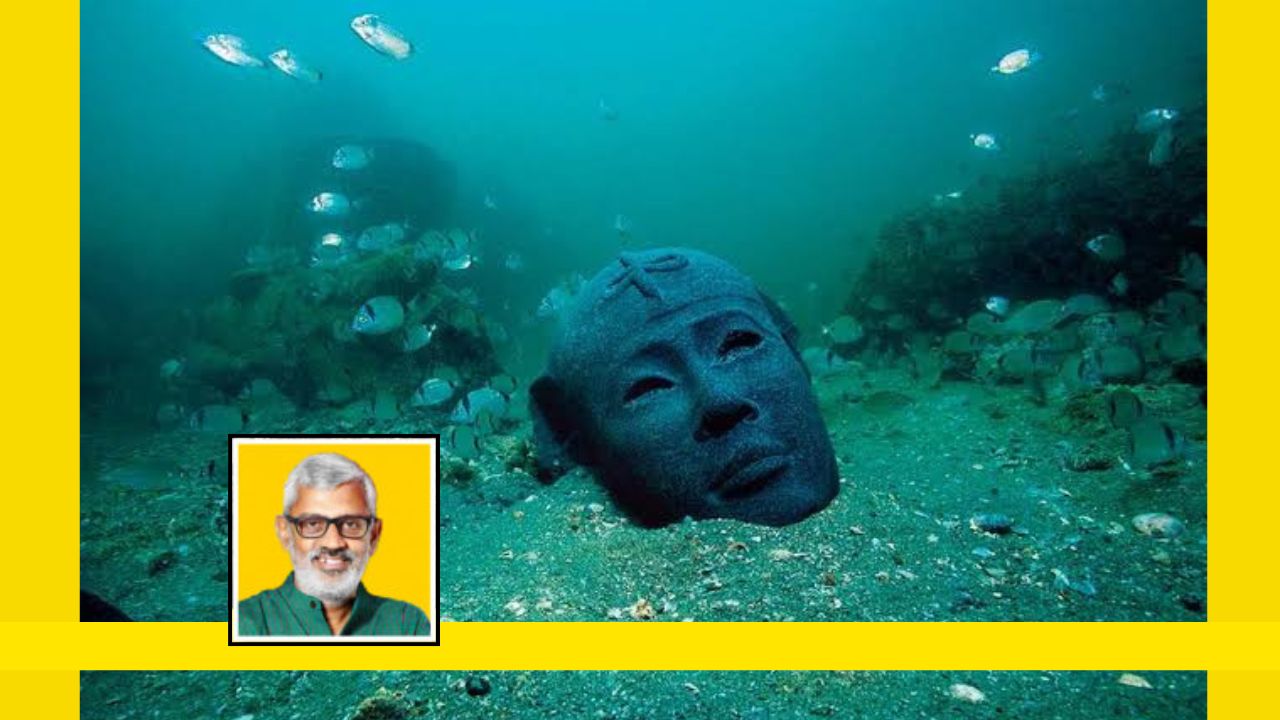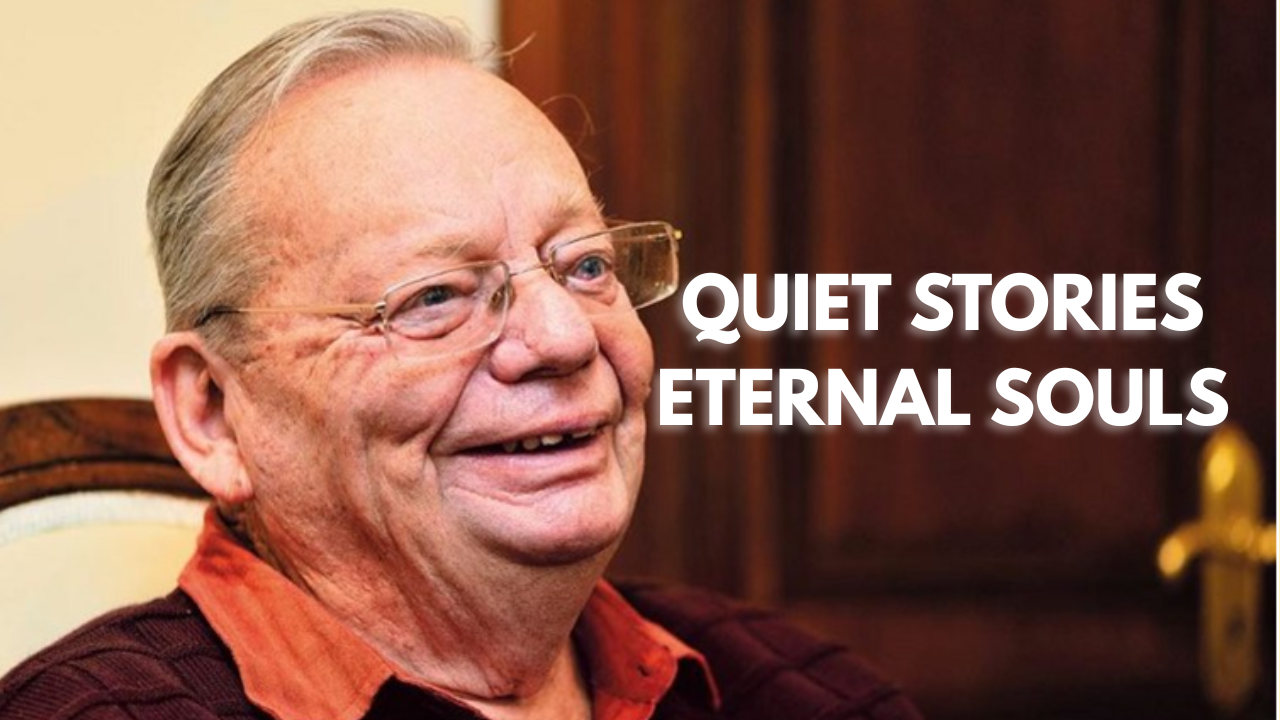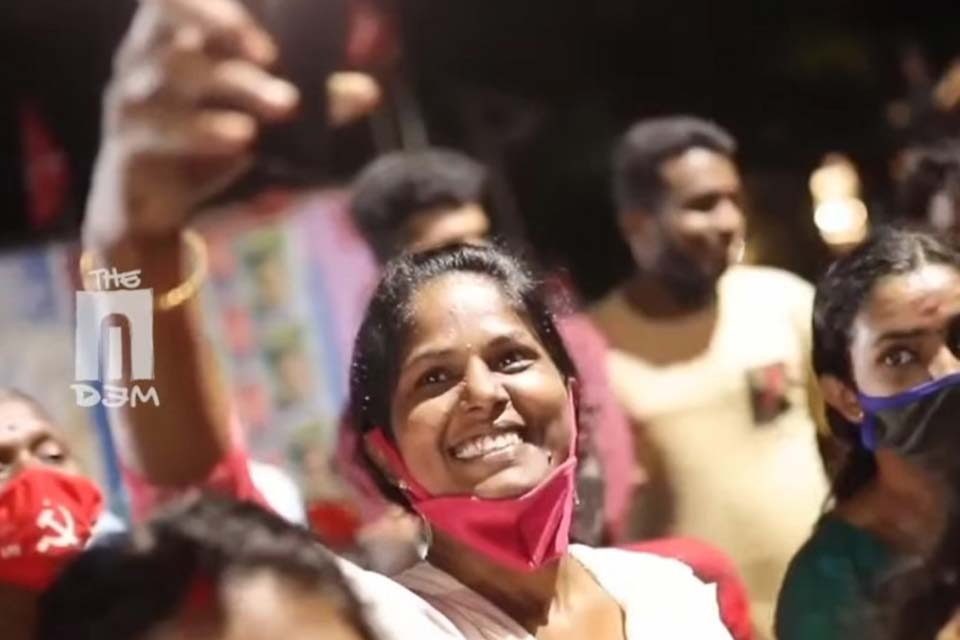Light, Consciousness, Hope and Beauty of the Kurdish struggle for the liberation of a nation and its women
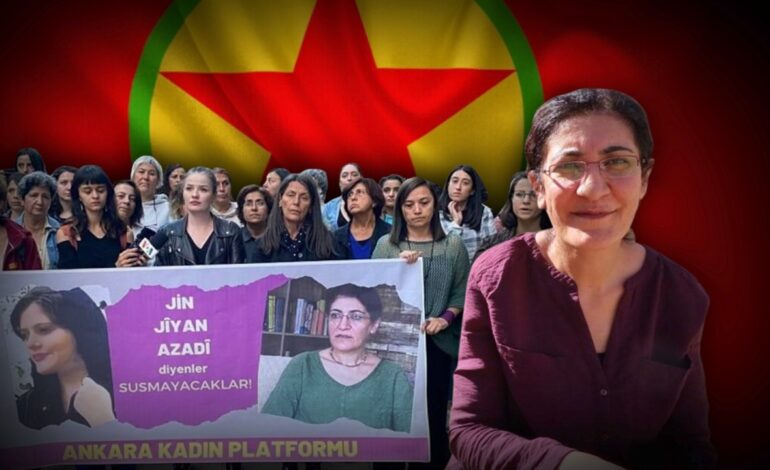
Following the murder of Kurdish youth, Mahsa (Jina) Amini, by Iran’s infamous morality police, news has come now of the killing of the independent journalist, researcher and Kusdish liberation activist, Nagihan Akarsel. For the past few years, Nagihan, a Turkish national, had been living in Bakhtiyar, in the city of Sulaymaniyah, which comes under the Kurdish autonomous region in the northern part of Iraq. That is where she was shot dead as well. The identity of the murderers, now arrested, is yet to be revealed. After the fall of Saddam Hussein, the importance of the Kurdish regional government within Iraq and its autonomy became more relevant. During this period even the President of Iraq has been chosen from the Kurdish community. It is Kurdisthan’s own military named the ‘Peshmerga’ that protects the boundaries of this nation within a nation. The Amna Suraka museum in the city of Sulaymaniyah has a special memorial display area dedicated to Kurd fighters who are at war with the Islamist terrorist organisation ISIS. This section, which has been named the museum of martyrs in the defense against ISIS, is the first of its kind in the world. The Kurds consider themselves a community attacked by everyone in the world. Their history tells a story of them being pawns who are regularly attacked and murdered in the complex game of geopolitical chess.
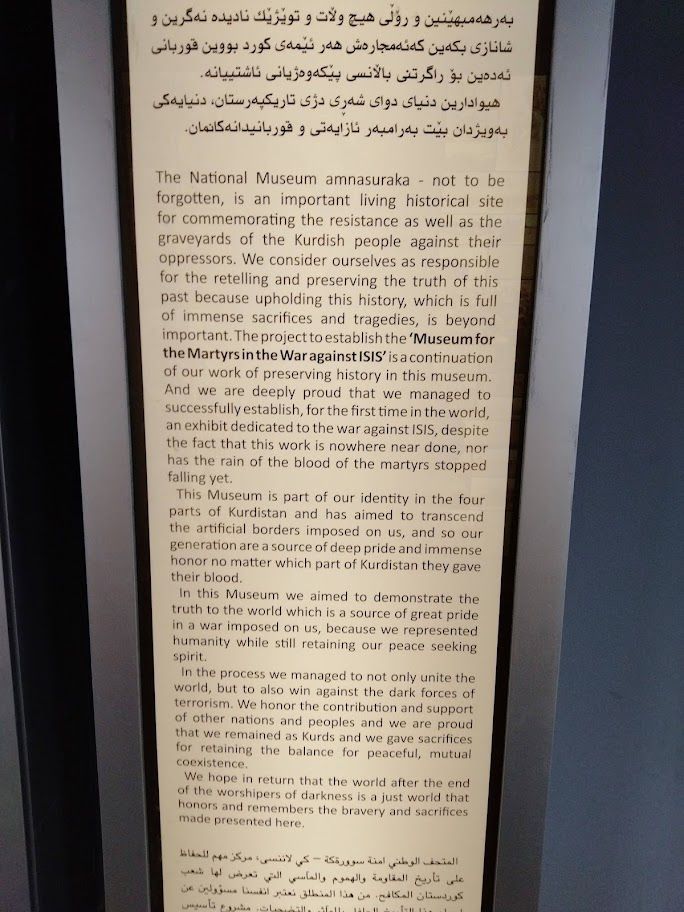
They believe they have nobody except the mountains. There are some who think that the very word ‘Kurd’ means ‘people of the mountains’. Even though they constitute 20% of the population, the changing Turkish governments over the years do not even recognise or accept the Kurdish people. The Turkish government officially labels the Kurds as mountain Turks. There is a ban placed on Kurdish names, attires, rituals and even languages. Teaching in Kurdish language is an impossibility in government schools even today. It is possible to learn in Kurdish only at a few private institutions. In 1978, the Kurdistan Workers Party (PKK) was founded under the leadership of Abdullah Ocalan with the goal of establishing a self-governing nation within Turkey. In 1999, Abdullah Ocalan was arrested and he is still in prison. The PKK is also involved in armed resistance. Almost half a lakh people have lost their lives in the conflict with the government. Tens of thousands have lost their homes and are roaming round as refugees. The PKK’s ideology is a melting pot of Marxism, Leninism and Kursh nationalism.
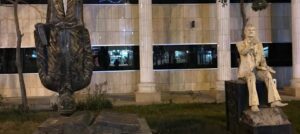
A Kurdish star rises
World-renowned filmmaker Yilmaz Guney, who is considered the father of Kurdish cinema, is a Kurdish descendant and a Turkish national. As a leftist intellectual who had also starred in several films, Yilmaz was accused of murdering a judge. But he continued directing films from behind bars. After finishing the shoot of the film Yol (Road), he broke out of jail, clandestinely crossed the national borders and finished the post production work of the film in Paris. He made an appearance alongside his wife at the next year’s (1982) Cannes film festival. Yol shared that year’s Palm d’Or (best picture) award with Costa Gavras’ Missing. Yilmaz was never able to return to his home country after this. And soon after, he fell and died. This brought Kurdish cinema to the attention of film lovers the world over. One of the important slogans of the Kurdish struggle for liberation is: ‘Woman, Life, Freedom’. As part of tribal ways of life and socio-traditional conditioning, patriarchal mindset is dominant in the collective Kurdish consciousness, as it is in other third world countries.
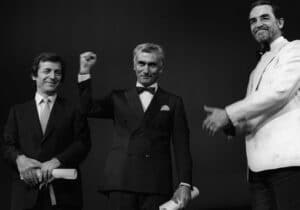
Nagihan Akarsel was a central figure in the full-fledged effort of Kurdish thinkers for the liberation of women and activists in the fields of culture, education, literature and art. This effort has been happening alongside the fight for an independent Kurdish nation or a self-governing region within nations like Turkey (similar to those in Iraq and Syria). Nagihan Akarsel, who was a sympathiser of the PKK, was also a promoter of and an expert researcher in the ideology called Jineology or science of women, which was created by Abdullah Ocalan. On October 4, 2022 she became a martyr at her residence in Sulaymaniyah in the Kurdish region of Iraq, after being shot multiple times. On that same fateful evening, at Mawat, in Sulaymaniyah, an unknown drone attacked a vehicle in which PKK members were traveling. Among the other fighters who died in similar attacks in the same year were Saki Chalabi and Sasuhail Kurdesh.
The light of Womanhood
Akarsel was born in the Turkish city of Konya. Due to the threat to her life in Turkey, she was living in Sulaymaniyah for the last many years. The adherents of Jineology consider Nagihan Akarsel the light, consciousness, hope and beauty of the humane phenomenon of womanhood. To stand in support of her meant to stand in support of beauty, goodness and freedom. They hope that her passion for life and her enthusiasm will guide them in the difficult path ahead as well.
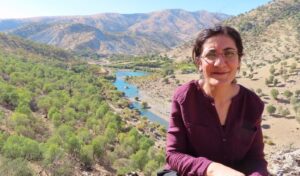
Nagihan Akarsel was born in 1976, in Golyazi district of Cihanbeyli in the city of Konya. Celikan is the Kurdish name for this town. It is a town where primarily Kurmach, a subgroup of Kurds, reside. The people of Celikan, who consider it a sin to wake up after sunrise, do not pour water over ash. Nahigan, who went in search of the origin of these traditions, found their cultural similarities with the Yazidi Alvi traditions. Right from childhood she was interested in hearing stories about women. She knew the importance of food grains clearly as she had spent her childhood in a town full of wheat fields. To her, wasting even one grain of wheat was as painful as spilling blood. She never forgot the games she played barefoot in the freshly son-drenched soil. Even in her youth she realised that her destiny was to take part in the fight against patriarchy.
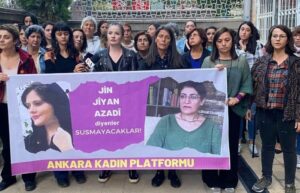
After finishing her high school in her hometown, she joined Gazi University in Ankara, the capital city of Turkey. Everyone who met her fondly recollects her simplicity, her glowing face, and the undying curiosity that she exuded. Following this, she became a supporter of PKK after being attracted to its ideology. After her arrest in 2001, she was in jail until 2007. Between 2008 and 2014, she worked as a reporter and an editor at a news agency named Dicil. In the same period, she completed her Master’s degree in Gender Studies from Hacetteppe University in Ankara. Soon after, Nahigan and her comrades established a women’s news agency called Jinha. But the government banned it on October 29, 2016. Nagihan Akarsel was a teacher, friend, comrade and a prominent internal figure of the Kurdish media. She also tried to create friendly relations with women from other walks of life during the same time.
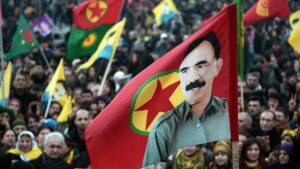
Later on, Nahigan spent most of her time deeply studying and promoting Jineology. She was a member of the Jineology Academy, which was established for research on the ideology. She was also part of the editorial board of the journal named Jineology and has written several articles in it. Nagihan Akarsel strived to develop Jineology into a platform for women’s liberation, going beyond its political orientation. Nagihan Akarsel conducted field studies and educational activities in the Kurd regions of Bakoor, Basur and Rojavaf. She educated thousands of people from different age groups. She wrote articles in several newspapers, magazines and portals. She was the center of attention for young people wherever she went. She had even conducted several studies in the oral traditions of Kurdish women and was preparing to set up a Kurdish women’s library in Sulaymaniyah. The literature festival in the city of Sulaymaniyah, which is among the UNESCO cities of literature, is famous.
Nagihan is a symbol of the loss and the grim reality of Kurds, who are unable to go where their heart longs to go and are forced to live lives that are torn apart by national boundaries and fences. The fight led by Nagihan and the Kurds will certainly not be a futile one.
References:
- Sin (Novel) – Haritha Savitri/Mathrubhumi Books)
- Jinha Women’s News Agency
- RUDAW.net
- Reporters Without Borders (rsf.org)
- Genealogy.org
- Kurdish Institute
- BBC and Wikipedia
This article was originally published in Malayalam on The AIDEM and can be read here.
Translated by Nirmal Madhukumar.


